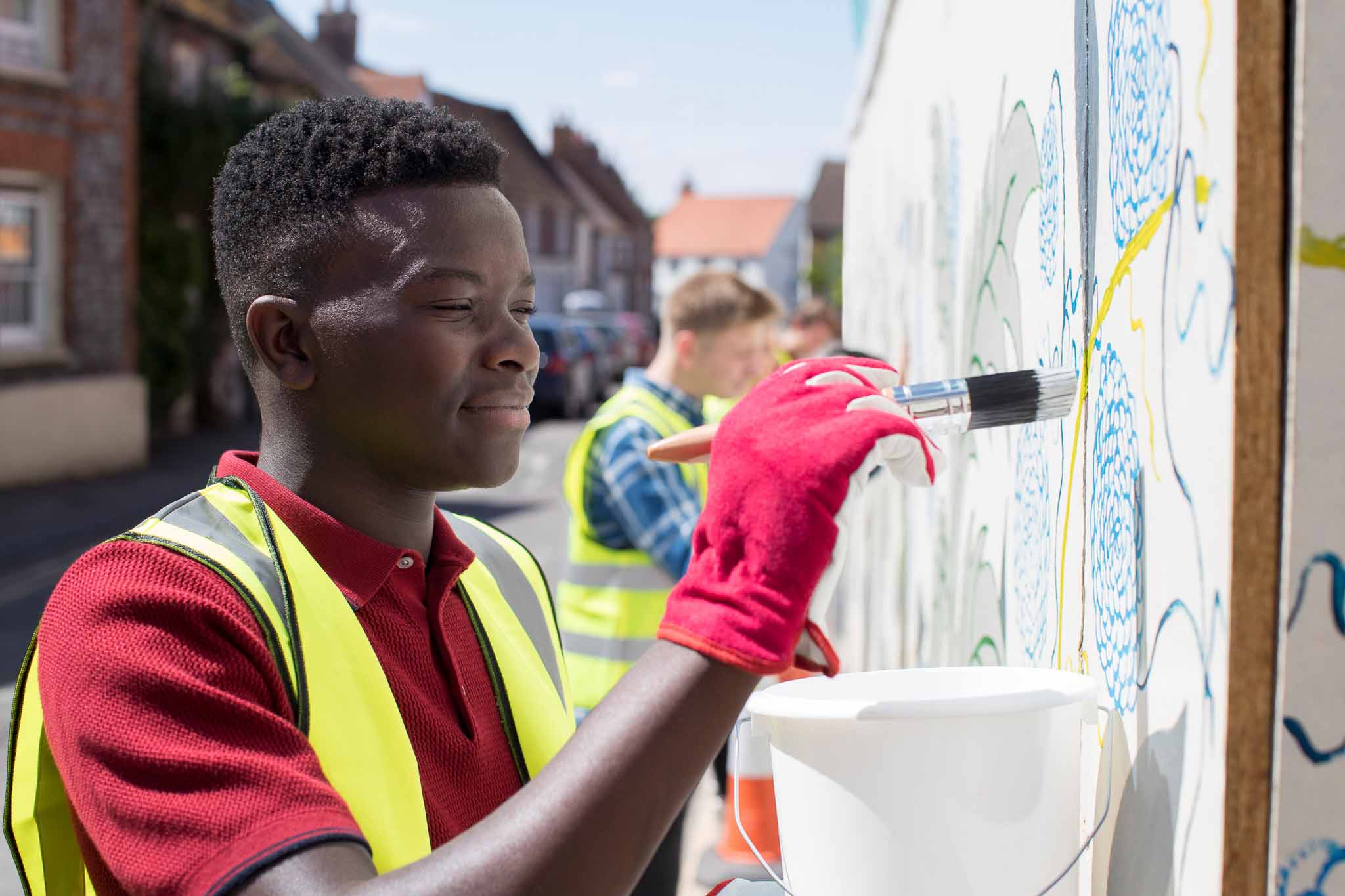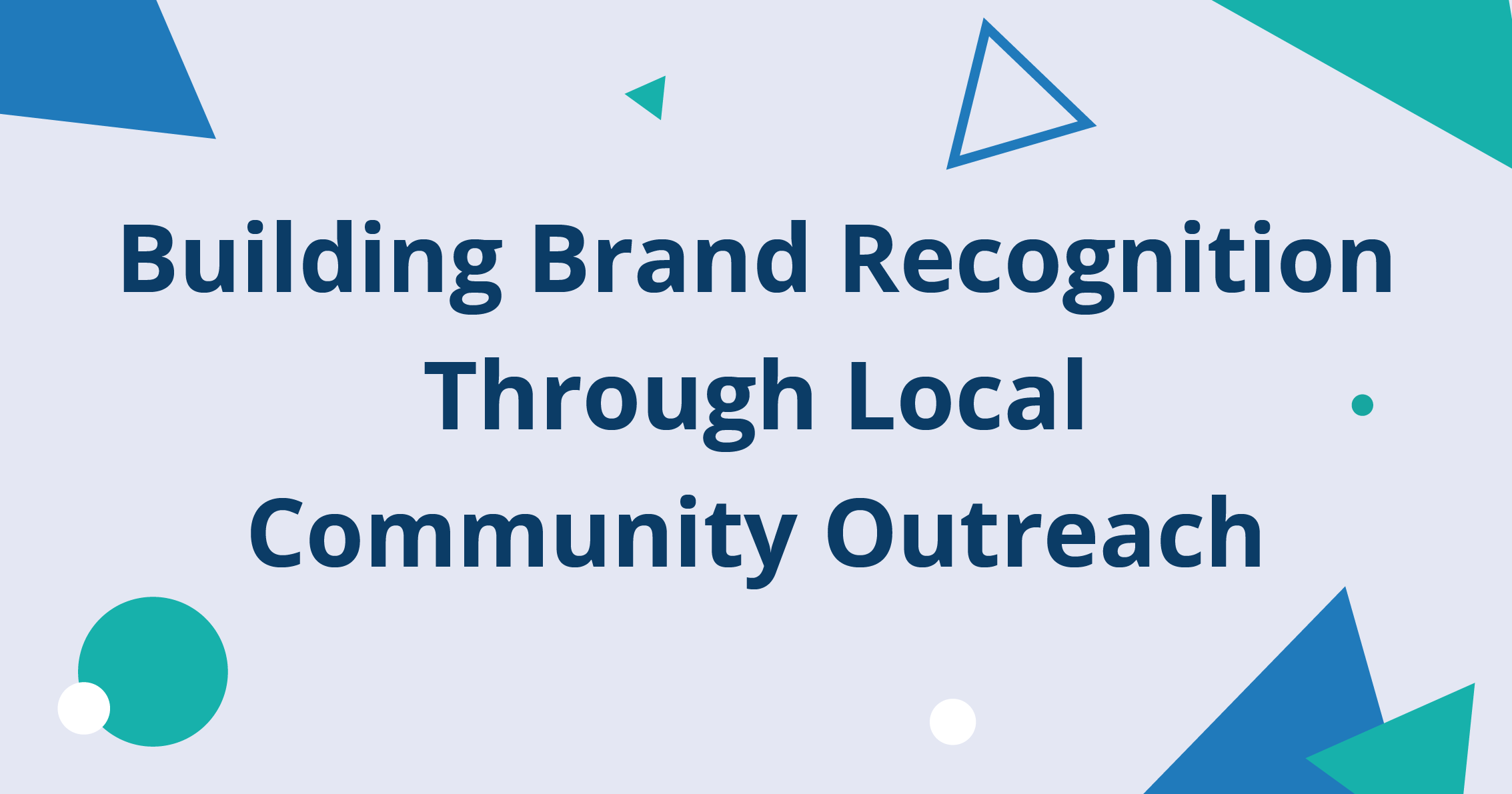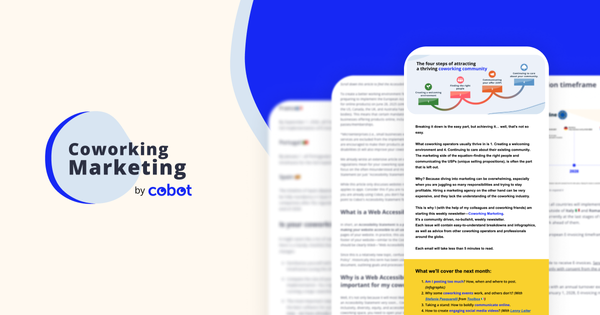We’re sharing strategies from our extensive experience helping coworking and flexible workspaces of all sizes scale their operations.
Outreach activities have long proven to be an effective way of spreading the word about the benefits of coworking, serendipitously discovering new partnerships, and doing good with (and for) your local community.
Localizing your outreach efforts even further could also quickly become one of the best—and most cost-effective—ways to grow your coworking community. And our favorite part: it’s one of the best opportunities to put your values first!
Here are our top tips on how to create local impact, while keeping it within the budget.
Start with “Why”
Many of us spent 2020 learning to understand the true value of our surrounding area, and for many salaried workers, 2020 was also a triumph for remote work. As more people work closer to home (and choose a home somewhere they want to live), don’t miss the burgeoning opportunities to expand your local outreach. Come up with a clear community outreach strategy to make the most of them.
Start by identifying what return you want. Maybe you’ve recognized the need in your region to continue educating people about coworking to grow interest; perhaps you want to nurture connections with the soon-to-be graduates who you hope become your next members. Factors like the capacity of you space and average membership lifetime will play a part in how you approach this. You want a long-term vision that ensures your community thrives well into the future.
Once you’ve come up with core, SMART goals, turn to your existing membership to understand why they cowork, and why they do it from your space. Perhaps it’s how effectively your services are tailored to a common interest—such as entrepreneurial incubation—or a set of values that bring your community together. Maybe it’s the community initiatives, or charitable causes, that you’re already vocal about backing.

There will probably be a little back and forth between your goals and your community as you refine the “why” part of your strategy. Say digital nomads make up the greatest part of your community, and your team’s language skills are what drew them to your space. If your goal is to increase the visibility of your coworking space amongst folks who’ve just arrived at your destination, perhaps lead a special meetup for tandem language partners and promote it in your local bookstore, library, and language school. This provides value for your existing members, offers a clear value to prospective members, and integrates your space into the community.
What’s key is that you continue reaching potential coworkers who will buy into your community and maintain its alignment. A document like a code of conduct can help make your values clear from the get-go. Increasing day-pass sales may be a much needed short-term revenue injection, but in the long-term, you could inadvertently be increasing the likelihood of churn amongst long-standing members who are in your space for the collaborations and culture.
Keep it in your budget
Once goals have been established, it’s time to determine how much you can allocate to each one.
Bootstrapped? If you’re not yet in a position to dedicate money, it’s not a bad idea to designate a time-cap to these activities; definitely per week, but also consider per teammate. If you have underused or surplus resources, put a list together and prepare to get creative. Remember, your time is precious—even more so when you’re tight on cash.
Getting this right may also mean keeping a strongly solution-focused cap on while you engage potential partners and collaborators. Sponsorships are a great way to build positive brand recognition and form strong associations with the projects and events that drive your values home. They also don’t have to be grand; sponsoring a single child’s event ticket or meal, for example, is something your members may feel strongly enough about to join in without much prompting. Not to mention you’ll form a bond with a budding coworker. Don’t let a lack of financial resources prevent you from exploring this avenue.
Sponsoring a workspace for the organizers or a recording booth for the emcee is one option. Hosting a festival event, or semi-permanent event fixture like a screening room for a film festival, when festivals are struggling to secure venues, could double your wins. You’ll support something you care about, and you’ll help new people walk through your doors for the first time.
Do it from your keyboard and on your feet
Planning local? Consider activities that can be done on your feet as you put your strategy together. This may also be exactly how you’ll make your biggest savings.
Take a scenario where the goal is to reach folks who often work from a library. On a city-wide level, one approach may be to discover some of their common attributes and digital social circles, and create targeted social media campaigns and ads. These monthly costs add up, and probably aren’t creating value for your existing members as they do.
On a local level, there may only be one or two libraries in your neighborhood or region. That makes it realistic to attend some of their events, get to know their frequent users, form relationships with their custodians, and discover opportunities for mutual promotion. It could be something that not only puts you directly in touch with more people whose quality of life could be improved by coworking, but could also lead to conversations with the right organizers, revealing opportunities to create perks for your existing members.

In your own unique case, consider which physical locations are meaningful for your existing community. Whether it’s the local municipal business registration office or the neighborhood swimming pool, you’ll likely find people whose values correspond with your own by spending time there and getting to know staff and users.
Keep track of the return
Your efforts may not always help you reach your goals directly, but that’s not to say that they aren’t creating value for you. Community outreach can be funny like that—you often find what you don’t expect.
For each initiative you foster, keep a kind of diary for you and your team. Whenever someone is curious enough to visit your space after seeing some of your involvement elsewhere, be sure to record which initiative it was, and ask them why it resonated.
Maybe your scholarship program or student workspace sponsorships didn’t land with parents as you’d hoped, but some younger faces are making use of your services. They’re not big spenders—yet. They’re tomorrow’s members, and if they’re already taking an interest in your space, it’s a sign of success worth acknowledging.

You may even be getting good enough at community outreach to consider consulting (as a veritable local leader) or to get local councilors and policymakers involved. Coworking can have a big impact on a small economy, and when civil servants get the chance to cowork with you, you’ll help them understand how they can support it.
More Resources
Self-Sustaining Community Building on Coworking Resources
Written by Christine Andrews of Acme Works, this article focuses on tactics that will keep working for you and your community over time, whether you’ve just opened your doors and are looking for your first member, or want to bring new members into a busy community with a few seats to spare.
Free Coworking thread on the Coworking Forum
Don’t skimp on this thread just because it has the word “free” in it! Read from some of the industry’s veterans as they chat about how to earn trust through providing value first, what the dangers of the word “free” are, and what’s feasible to give away today as you nurture the members of tomorrow.
The 15-Minute City and The Good Space Work Club episode on the Coworking Values Podcast
Host Bernie Mitchell chats with David Brown, of The Good Space Work Club, to discover the impact the concept of the 15-minute city had on his approach to coworking and community. If you’re not familiar with the idea, it’s jam-packed with urban advocacy that understands the value of coworking.
If you aren’t already using Cobot as your coworking management software, give it a go! You’ll find that our features can help you run your coworking space more effectively and grow your community. Just sign up for a free trial or a live demo session. And if you have questions, our support team is all ears!
Happy Coworking!



